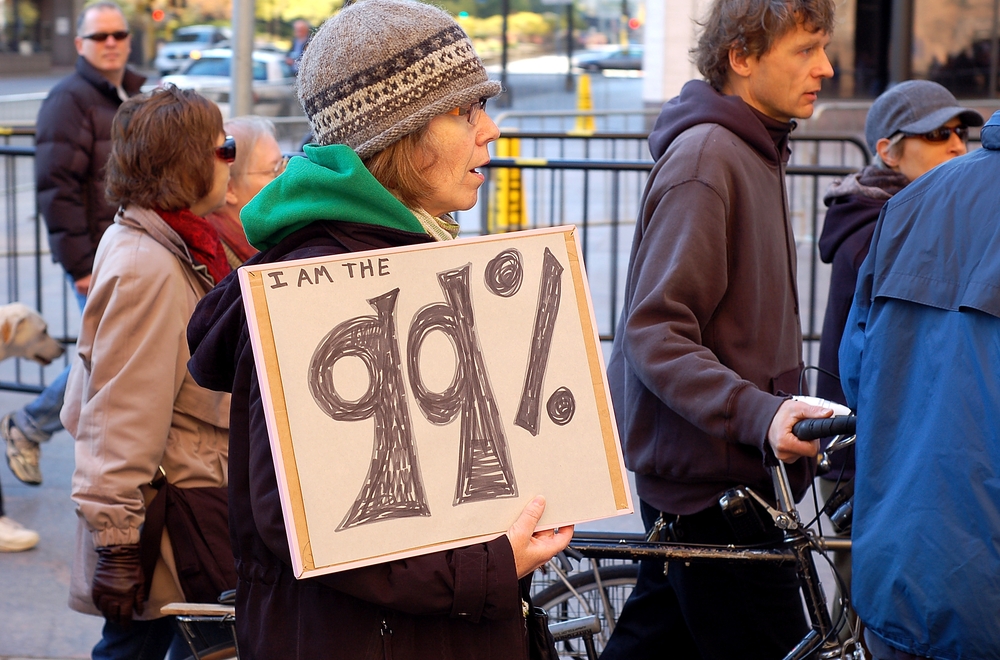March 16, 2023
The Myth of American Inequality
The notion of rising income inequality has permeated modern American discourse and is assumed as inherent to our economic system such that any claim to the contrary is easily dismissed as ignorance or insincerity. Continue Reading...
